Trece Sentidos – (Spanish)
$15.99
En un deslumbrante relato de pasion, Trece Sentidos de Victor Villasenor continua la estipulante epopeya familiar que empezo con el ampliamente reconocido bestseller Lluvia de Oro. Trece Sentidos abre con las bodas de oro del ya mayor Salvador y su elegante esposa, Lupe. Cuando un joven sacerdote le pide a Lupe que repita la sagrada frase ceremonial ‘respetar y obedecer,’ Lupe se sorprende a si misma al contestar–!No, no voy a decir obedecer! !Como se atreve! !Ah, no! !Usted no me va a hablar asi despues de cincuenta anos de matrimonio y sabiendo lo que se!–. Asi, la familia Villasenor se ve forzada a examinar el amor que Lupe y Salvador han compartido por tantos a nos: un amor universal, entrnable y sincero que eventualmente dara energia e inspiracion a la pareja en su vejez.
in stock within 3-5 days of online purchase
SKU (ISBN): 9780060505110
ISBN10: 0060505117
Language: Spanish
Victor Villasenor | Translator: Alfonso Gonzalez
Binding: Trade Paper
Published: October 2004
Publisher: Harper Collins Publishers
Print On Demand Product
Related products
-
Culture Wars : The Struggle To Define America
$41.65A riveting account of how Christian fundamentalists, Orthodox Jews, and conservative Catholics have joined forces in a battle against their progressive counterparts for control of American secular culture.
Add to cartin stock within 3-5 days of online purchase
-
10 Commandments Of Progressive Christianity
$7.99A cautionary look at ten dangerously appealing half-truths.
In 1923, J. Gresham Machen, then a professor at Princeton Seminary, wrote his classic text, Christianity and Liberalism. The book was a response to the rise of liberalism in the mainline denominations of his own day. Machen argued that the liberal understanding of Christianity was, in fact, not just a variant version of the faith, nor did it represent simply a different denominational perspective, but was an entirely different religion. Put simply, liberal Christianity is not Christianity.
What is remarkable about Machen’s book is how prescient it was. His description of liberal Christianity–a moralistic, therapeutic version of the faith that values questions over answers and being “good” over being “right”–is still around today in basically the same form. For this reason alone the book should be required reading, certainly for all seminary students, pastors, and Christian leaders.
Although its modern advocates present liberal Christianity as something new and revolutionary, it is nothing of the sort. It may have new names (e.g., “emerging” or “progressive” Christianity), but it is simply a rehash of the same well-worn system that has been around for generations.
The abiding presence of liberal Christianity struck me not long ago when I came across a daily devotional from Richard Rohr that listed ten principles he thinks modern Christianity needs to embody. These ten principles are actually drawn from Philip Gulley’s book, If the Church Were Christian: Rediscovering the Values of Jesus. In that devotional series, ironically titled “Returning to Essentials,” Rohr sets forth the ten principles as a kind of confessional statement of modern liberalism (while at the same time pretending to deplore confessional statements). They are, in effect, a Ten Commandments for progressive Christianity.
Indeed, these ten sound like they were gathered not so much on the mountaintop as in the university classroom. They are less about God revealing his desires and more about man expressing his own–less Moses, more Oprah.
But take note: each of these commandments is partially true. Indeed, that is what makes this list, and progressive Christianity as a whole, so challenging. It is a master class in half-truths that sound appealing on the surface until you dig down deeper and really explore their foundations and implications. Benjamin Franklin was right when he quipped, “Half the truth is often a
Add to cartin stock within 3-5 days of online purchase
-
Confronting Injustice Without Compromising Truth
$22.99God does not suggest, he commands that we do justice.
Social justice is not optional for the Christian. All injustice affects others, so talking about justice that isn’t social is like talking about water that isn’t wet or a square with no right angles. But the Bible’s call to seek justice is not a call to superficial, kneejerk activism. We are not merely commanded to execute justice, but to “truly execute justice.” The God who commands us to seek justice is the same God who commands us to “test everything” and “hold fast to what is good.”
Drawing from a diverse range of theologians, sociologists, artists, and activists, Confronting Injustice without Compromising Truth, by Thaddeus Williams, makes the case that we must be discerning if we are to “truly execute justice” as Scripture commands. Not everything called “social justice” today is compatible with a biblical vision of a better world. The Bible offers hopeful and distinctive answers to deep questions of worship, community, salvation, and knowledge that ought to mark a uniquely Christian pursuit of justice. Topics addressed include:
Racism
Sexuality
Socialism
Culture War
Abortion
Tribalism
Critical Theory
Identity PoliticsConfronting Injustice without Compromising Truth also brings in unique voices to talk about their experiences with these various social justice issues, including:
Michelle-Lee Barnwall
Suresh Budhaprithi
Eddie Byun
Freddie Cardoza
Becket Cook
Bella Danusiar
Monique Duson
Ojo Okeye
Edwin Ramirez
Samuel Sey
Neil Shenvi
Walt SobchakIn Confronting Injustice without Compromising Truth, Thaddeus Williams transcends our religious and political tribalism and challenges readers to discover what the Bible and the example of Jesus have to teach us about justice. He presents a compelling vision of justice for all God’s image-bearers that offers hopeful answers to life’s biggest questions.
Add to cartin stock within 3-5 days of online purchase

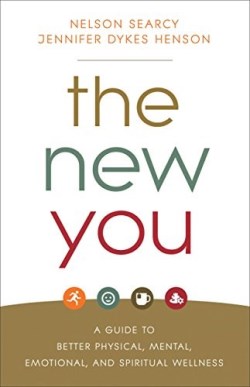 New You : A Guide To Better Physical, Mental, Emotional, And Spiritual Well
New You : A Guide To Better Physical, Mental, Emotional, And Spiritual Well
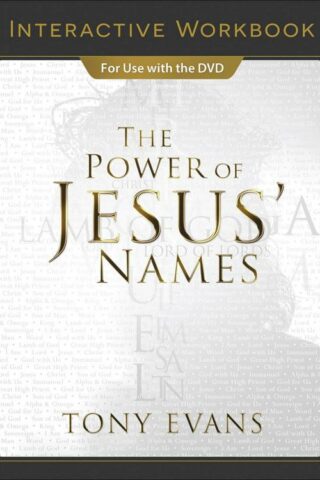 Power Of Jesus Names Interactive Workbook (Workbook)
Power Of Jesus Names Interactive Workbook (Workbook)
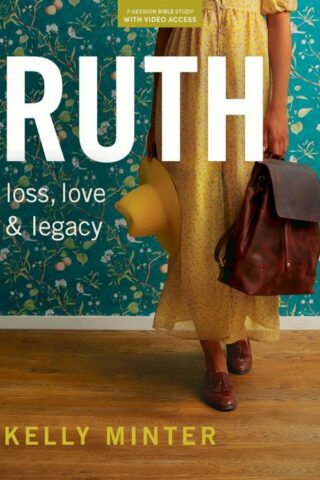 Ruth Bible Study Book Updated Edition With Video Access
Ruth Bible Study Book Updated Edition With Video Access
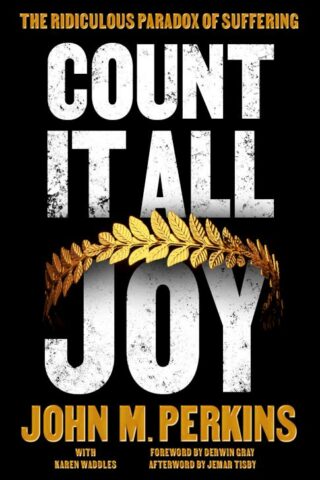 Count It All Joy
Count It All Joy
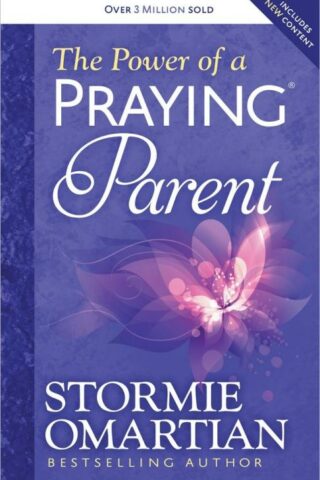 Power Of A Praying Parent
Power Of A Praying Parent
 Great Cloud Of Witnesses
Great Cloud Of Witnesses
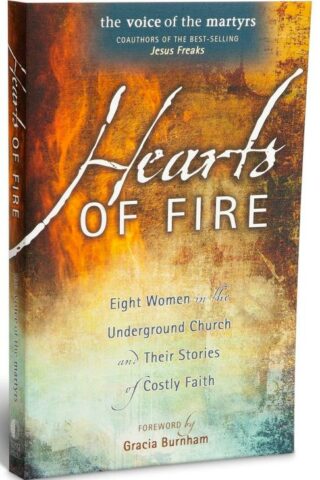 Hearts Of Fire
Hearts Of Fire
 Let The Earth Rejoice
Let The Earth Rejoice
 Prince Warriors
Prince Warriors
 Making Ends Meet (Teacher's Guide)
Making Ends Meet (Teacher's Guide)
 You are Blessed 366 Devotions for Women
You are Blessed 366 Devotions for Women


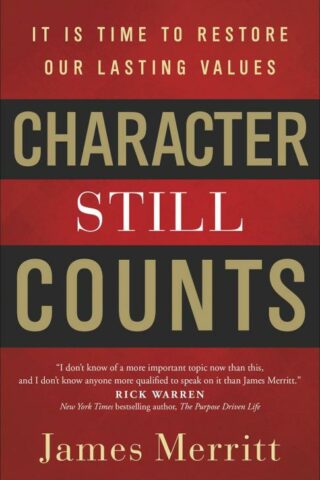
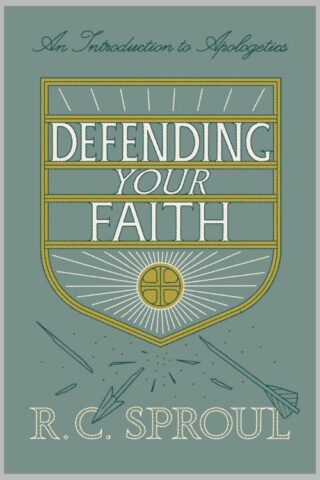
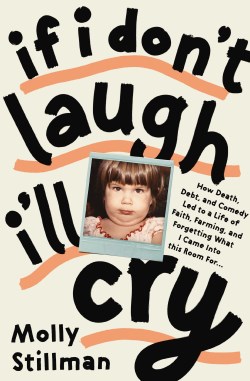



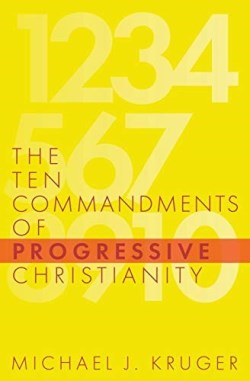
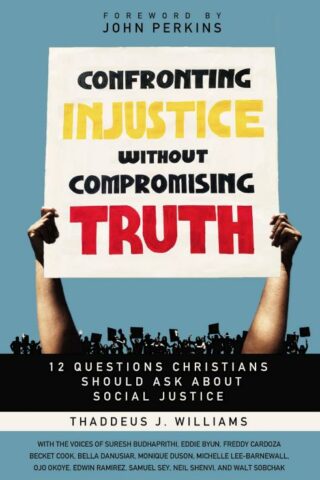




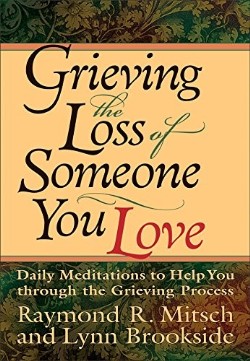
Reviews
There are no reviews yet.